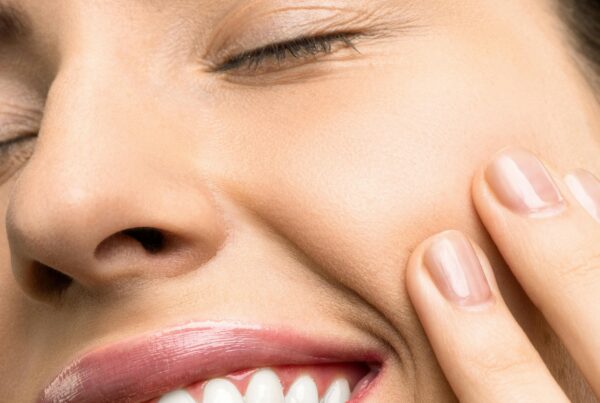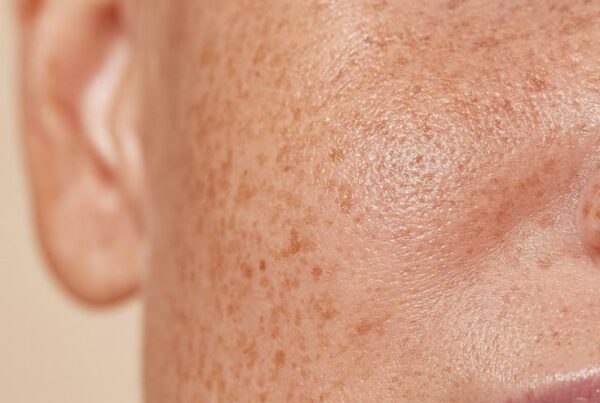Hair loss will affect a large majority of the world population, so it’s understandable why so many people look for ways to prevent their locks from shedding. Unfortunately, some people notice their receding hairline a little too late, and it’s not long before they begin to experience visible hair loss.
So if you’re part of that group, and you’re on the recovery journey when it comes to your mane, read on for how you can regrow as well as maintain the health of your hair.
7 Natural Ways To Regrow Your Hair
1. Massage your scalp
You can encourage and promote hair growth by massaging your scalps with fingers as that’ll help to improve blood circulation. You can also incorporate hair oils and masks into your massages.
2. Eat for growth
Your locks are what you eat, so it’s important to eat the right nutrients if you really want to regrow your hair.
Protein
Our locks are made out of keratin and amino acids, both of which are protein or building blocks of protein. Therefore, consuming a protein-rich diet can help to promote hair growth.
Healthy protein-rich foods include quinoa, nuts, and fish.
Iron
Iron deficiency has been linked to hair loss so increasing your intake of the mineral may help to keep your mane healthy. Dark, green leafy vegetables, lentils, and beans are each high in iron.
Zinc
Similar to iron, a zinc deficiency has been linked to hair loss and weak hair so eating more of it may be exactly what you need to promote hair growth.
Zinc-rich foods include beans, legumes, nuts, and whole grains.
Omega fatty acids
Research has found that omega fatty acids can help to both promote hair growth and prevent hair loss (1).
In addition to buying omega fatty acids as a supplement, you can also find omega fatty acids in flaxseed oil, salmon, sardines as well as flaxseed and chia seeds.
3. Manage your stress levels
As we know, high-stress levels can trigger hair loss, so during your hair growth journey, perhaps you should look at ways to manage your stress and anxiety?

Photo by Rodrigo Borges de Jesus on Unsplash
This can include monitoring your news intake, reading a book, journaling or you can even take a page out of Kevin Hart’s book and look into mindfulness.
4. Use essential oils
Essential oils hold a number of potential benefits for the body, one of which includes encouraging hair growth.
If you’re unsure of which one to choose, the best essential oils for hair growth include geranium oil, rosemary oil, and pumpkin seed oil – all of which have been shown to help promote hair growth.
When using essential oils, it’s important to always mix them in with a carrier oil, such as jojoba oil and coconut oil. Speaking of coconut oil…
5. Use coconut oil
There’s a reason why coconut oil is often touted as a hair remedy. Coconut oil contains fatty acids, which we know can help to promote hair growth.
Additionally, coconut oil can help to hydrate the scalp, and we know, a happy scalp means healthy hair.
7. Dip into onion juice
As smelly as it might be, onion juice may be exactly what you need to get your hair growth journey on track, that’s at least according to research that found that it can be effective in treating hair loss.
In the study, participants applied onion juice to the scalp twice a day for six weeks, and 20 out of 23 participants noticed positive improvements. This may be due to its sulfur content, which helps encourage blood circulation.
When using onion juice on your hair, massage it into your scalp and let it sit for 15 minutes before rinsing it out with a gentle, sulfate-free shampoo.

Photo by Yoann Boyer on Unsplash
There are other more invasive hair loss treatments. Want to know more?
In addition to the aforementioned natural remedies, there are also a few other hair loss treatments that many people are turning to. One, in particular, is the drug finasteride, which many claim could be the answer to hair loss. The other is Plasma Rich Platelet Therapy.

Photo by Leo Foureaux on Unsplash
References
English, R. S., Jr, & Barazesh, J. M. (2019). Self-Assessments of Standardized Scalp Massages for Androgenic Alopecia: Survey Results. Dermatology and therapy, 9(1), 167–178. https://doi.org/10.1007/s13555-019-0281-6
Kang, J. I., Yoon, H. S., Kim, S. M., Park, J. E., et al. (2018). Mackerel-Derived Fermented Fish Oil Promotes Hair Growth by Anagen-Stimulating Pathways. International journal of molecular sciences, 19(9), 2770. https://doi.org/10.3390/ijms19092770
Koyama, T., Kobayashi, K., Hama, T., Murakami, K., & Ogawa, R. (2016). Standardized Scalp Massage Results in Increased Hair Thickness by Inducing Stretching Forces to Dermal Papilla Cells in the Subcutaneous Tissue. Eplasty, 16, e8.
Sharquie, K. E., & Al-Obaidi, H. K. (2002). Onion juice (Allium cepa L.), a new topical treatment for alopecia areata. The Journal of dermatology, 29(6), 343–346. https://doi.org/10.1111/j.1346-8138.2002.tb00277.x


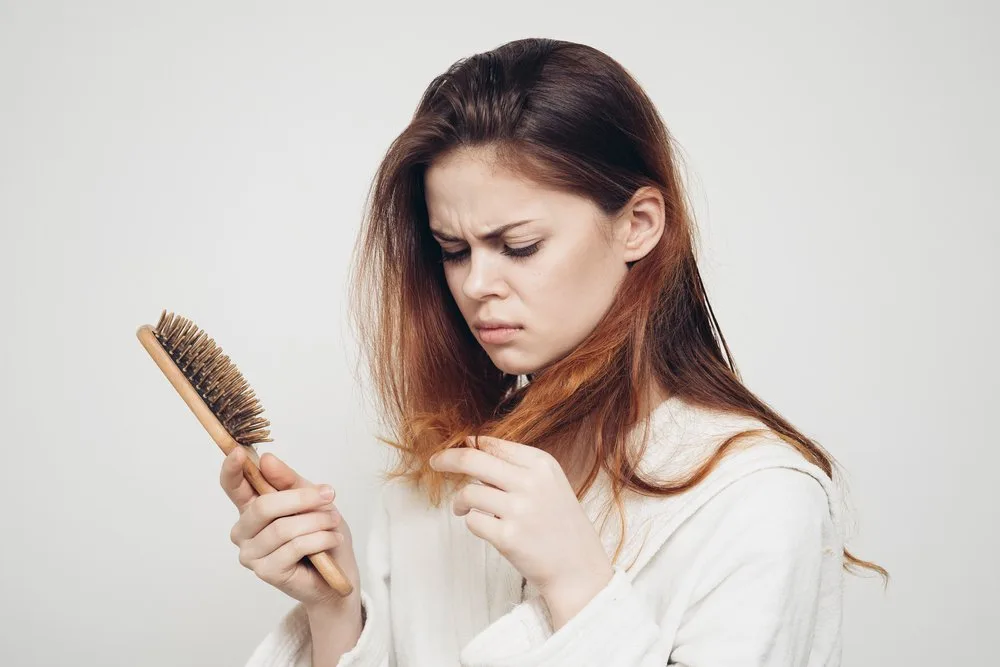
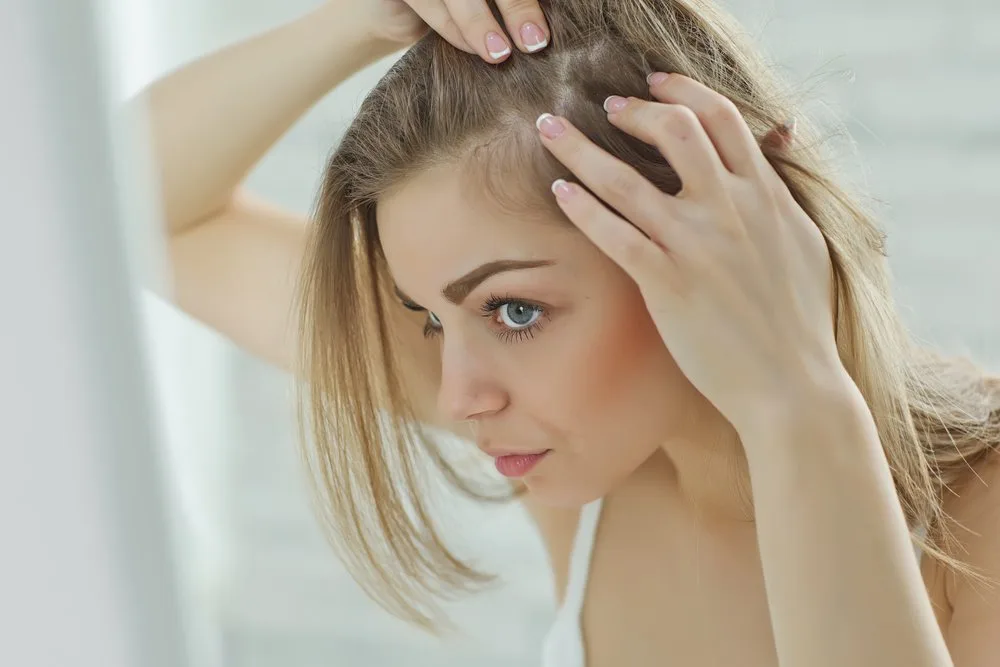
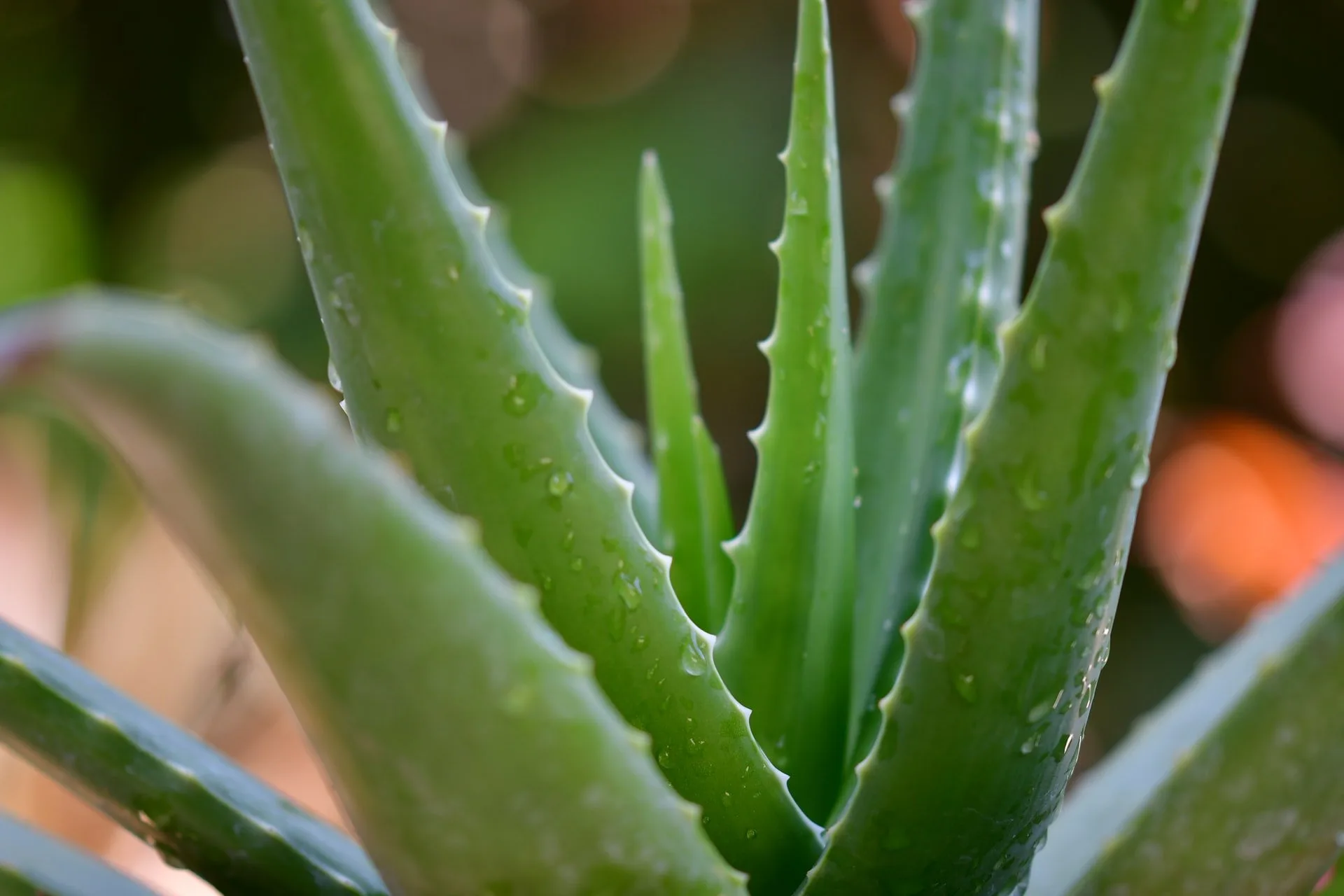
![women [longevity live]](https://longevitylive.com/wp-content/uploads/2020/01/photo-of-women-walking-down-the-street-1116984-100x100.jpg)





